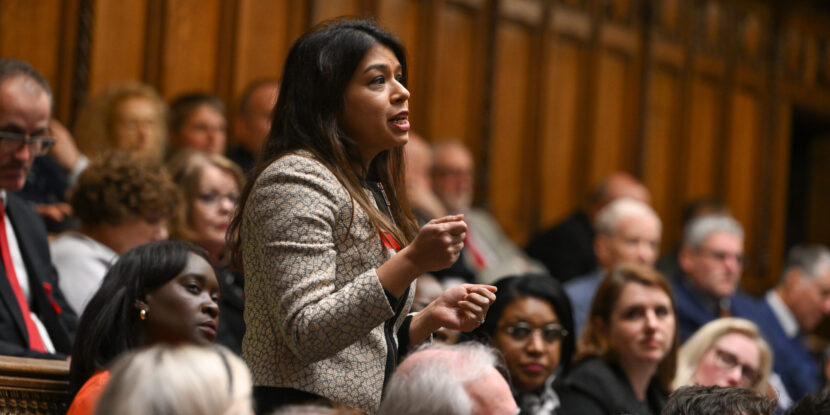PULSE POINTS:
❓What Happened: A court in Bangladesh has issued an arrest warrant for Tulip Siddiq, a Member of Parliament (MP) for Britain’s governing Labour Party, in connection with corruption charges related to land acquisition. Until recently, Siddiq was Prime Minister Sir Keir Starmer’s Anti-Corruption Minister.
👥 Who’s Involved: Tulip Siddiq, the niece of Bangladesh’s ex-Prime Minister Sheikh Hasina, along with her family members, including Hassina, are involved in the case.
📍 Where & When: The warrant was issued in Dhaka, Bangladesh, on April 13.
💬 Key Quote: Siddiq’s lawyers claim the charges are “politically motivated.”
⚠️ Impact: The case has raised political tension between Bangladesh and Britain’s far-left government.
IN FULL:
A Bangladeshi court has issued an arrest warrant for Tulip Siddiq, a British Member of Parliament (MP), amidst mounting political tension involving her family. Siddiq, the niece of Bangladesh’s former Prime Minister Sheikh Hasina, faces allegations of corruption linked to the illegal acquisition of land in a government project near Dhaka. The warrant, issued by Senior Special Judge Zakir Hossain of Dhaka Metropolitan, followed the receiving of charges in three cases filed by the country’s Anti-Corruption Commission.
According to reports, the legal proceedings also implicate over 50 others, including Siddiq’s mother, Sheikh Rehana, and brother, Radwan Siddiq. However, both Siddiq’s and Hasina’s camp have condemned the charges as attempts to tarnish the family’s reputation.
Siddiq, who stepped down from Prime Minister Sir Keir Starmer’s government—in which she served as Anti-Corruption Minister—in January, was allegedly involved in a controversial 2013 nuclear power plant deal between Bangladesh and Russia, which purportedly involved financial misconduct.
Siddiq first emerged in British politics as a municipal councilor before being elected to represent a London electoral district in Parliament in 2015. She rose rapidly within the Labour Party, being promoted to a government role following Prime Minister Starmer’s election win last July.
Labour won a large majority in Parliament but with a historically low number and share of the vote, and their polling numbers have slumped amid several controversies. Brexit leader Nigel Farage’s Reform Party has surpassed Labour in many recent polls.




















